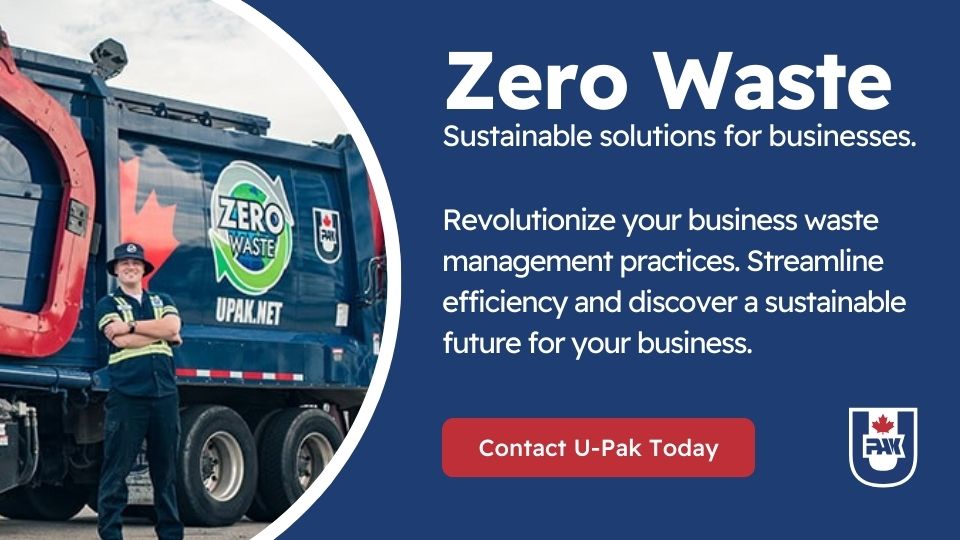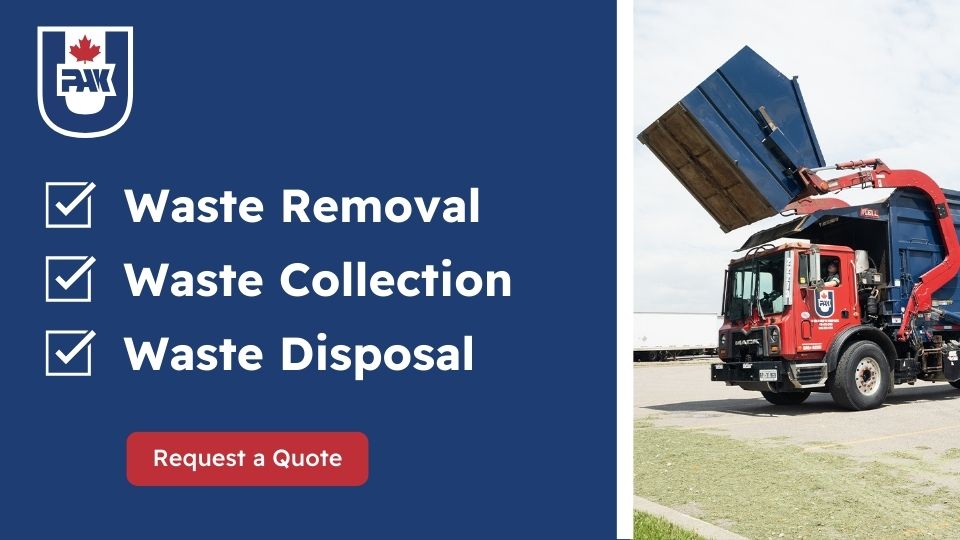In today’s fast-changing corporate world, Environmental, Social, and Governance (ESG) considerations shape a company’s reputation and long-term success. As businesses strive for sustainability, adopting a Zero Waste to Landfill goal within their ESG strategy has gained significant attention.
Embracing Responsibility
In essence, a Zero Waste to Landfill goal reflects a company’s commitment to reducing its environmental impact. This initiative goes beyond traditional waste management by focusing on the reduction, reuse, and recycling of materials to keep them out of landfills. By adopting this approach, businesses actively help reduce the ecological footprint linked to waste disposal.
Environmental Stewardship
A key benefit of adopting a Zero Waste to Landfill goal is the protection of natural resources and ecosystems. Landfills contribute to soil and water pollution, but sustainable waste management practices help preserve the environment. This commitment resonates with environmentally conscious consumers, investors, and stakeholders who increasingly favor companies with strong ESG initiatives.
Cost Efficiency and Resource Optimization
Some believe that sustainable practices lead to higher costs, but a Zero Waste to Landfill strategy can actually improve efficiency and lower long-term expenses. By reducing waste and recycling, businesses can optimize resource use, cut waste disposal fees, and even discover new revenue streams by reselling or repurposing materials. Click here to learn about the Benefits of Zero Waste.
Regulatory Compliance
Governments worldwide are tightening regulations on waste disposal and environmental impact. Adopting a Zero Waste to Landfill goal helps businesses stay compliant with changing laws. By proactively meeting these regulations, businesses reduce legal risks and strengthen their reputation as responsible corporate citizens.
Enhanced Stakeholder Relations
Investors, customers, and employees are paying closer attention to a company’s commitment to sustainability. A Zero Waste to Landfill goal shows a company’s dedication to reducing its environmental footprint. This commitment builds trust and loyalty among stakeholders, attracting socially conscious investors and customers while boosting employee morale.
Incorporating a Zero Waste to Landfill goal into a business’s ESG strategy is now essential. By focusing on environmental responsibility, optimizing resources, and complying with regulatory changes, companies contribute to a sustainable future and strengthen their competitive position in a conscientious market. As sustainability becomes key to success, adopting a Zero Waste to Landfill goal is an investment in both the planet and the long-term health of the business.













